Read the latest blogs from the UCL Institute for Sustainable Resources.
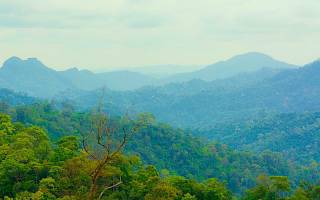
Blog: ISR in conversation with…Emily Cox on public perceptions of carbon removal
On 19th April 2023, Emily Cox (Research Associate at the University of Oxford) joined the UCL Institute for Sustainable Resources for a discussion of carbon dioxide removal methods, and how a failure to engage with the public may cause future challenges. Julia Tomei from the UCL Institute for Sustainable Resources has written a blog about the event.
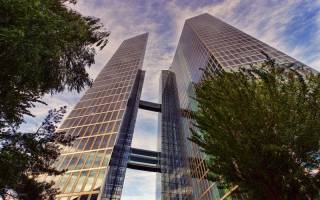
Blog: ISR in conversation with…David Bent on business, policy and transformation
A blog from Samuel Tang about the recent 'ISR in conversation with...' event with David Bent (UCL Honorary Lecturer; Edmund Hillary Fellow; Senior Associate at Skating Panda; and Chair of the EIRIS Foundation) on 29 March 2023, in which he talked about what transformation and state collaboration is needed for corporate sustainability to play a truly positive role in future wellbeing.
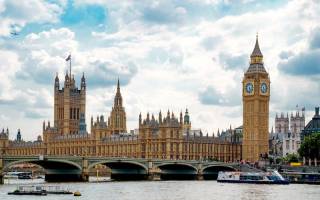
UCL's Elizabeth Boakes sends a message to Parliament: 'Biodiversity is critical to food security’
A blog about UCL Centre for Biodiversity and Environment Research (CBER) Research Fellow Elizabeth Boakes giving expert testimony to the Environmental Audit Committee in Parliament on food security and biodiversity on March 22nd, 2023.
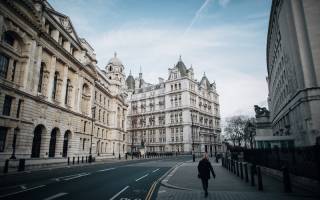
Life as a researcher in the the Department for Environment, Food and Rural Affairs

In the first of a series of policy blogs from ISR staff Alison Fairbrass describes her experience of working at the Department for Environment, Food and Rural Affairs. She covers her day to day research activities, impressions of the team and working culture, and some tips for fellow academics looking to do a secondment..
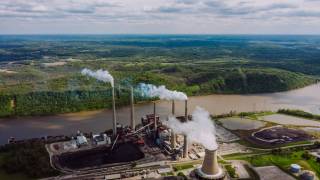
Electricity markets, climate change and the European energy crisis
Economies across Europe face unprecedented challenges arising from the soaring cost of energy which hold the prospect of turning into major social and political crises. This new working paper, jointly published by INET and the Institute of Institute of Sustainable Resources at University College London, examines how the cost of gas-powered generation feeds through to electricity bills, on the principle of marginal cost pricing, setting the price for most of the time though it accounts for only about 40% of GB generation. We offer estimates of the increase of revenues across the wholesale market and outline five principles for reform for addressing the combined challenges of energy costs while accelerating low-carbon transition.
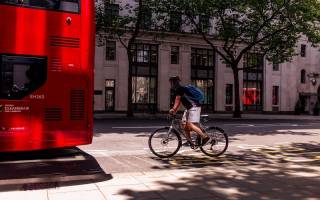
What can we do about climate change?
Climate change is a threat to humans and the natural world. It causes impacts such as floods, extreme heat and extreme weather events. Warmer temperatures can contribute to increased diseases, and droughts which disrupt food supply.
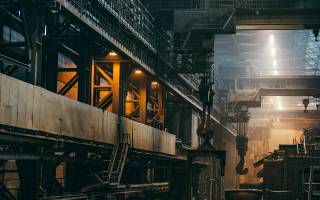
Remaking steel for a net zero carbon circular economy
Climate action’s goal to deliver ‘net-zero’ emissions will require joined-up thinking across different parts of the economy and society. The circular economy – an economy that is designing out waste and emissions, keeps products and materials in use, and regenerates ecosystems – is a key opportunity to reduce carbon emissions.
The need for speed: notes from an electric vehicle road trip
Electric cars are taking off in Britain. Sales have accelerated since the pandemic struck, and the increasing commitment from car makers is palpable.
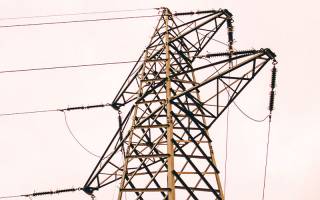
COP26 green grids initiative

The cost of renewables has reduced dramatically in recent years, making a rapid transition to net-zero power not just realistic, but economically attractive. The next big frontier to address is the integration of large amounts of variable renewable power into a reliable system. Modernisation and expansion of electricity grids will be an essential component.
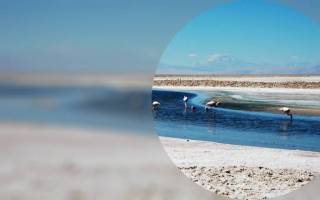
The 'just transition'
We live in an unequal world. 44% of the world’s economic wealth is owned by just 1% of the population, and the wealth of the richest does not ‘trickle down’ to the poorest. Because of wealth inequalities and various forms of discrimination, your ability to prosper is still affected by where you are born and to whom, by your gender, ethnicity and sexuality.
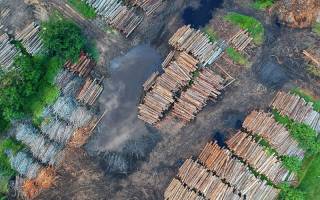
Tropical rainforests – a hidden victim of the pandemic?
The previous decade was a bleak one for tropical rainforests. Deforestation in the 2010s was at least 30% higher than in the 2000s, and the three years with the highest levels of rainforest loss all occurred in the late 2010s.
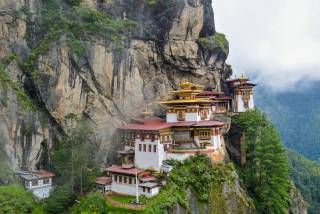
Sustainable Development: A Postcard from Bhutan
The modern economic model of growth is not sustainable. It consumes global resources at an untenable rate. Moreover, the biosphere which supports that economy and all surrounding life is being destroyed. This will not end well and we need to change the metrics for our success.
 Close
Close

